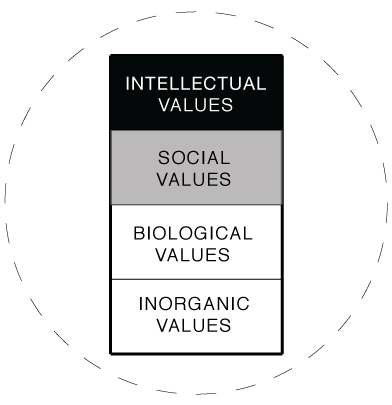Why I Sit Zazen Daily
Ultimately nothing exists. Science thinks matter ultimately exists - but experience shows that it doesn't. And ideas - what are they beyond thoughts about experience? What are ideas exacly? What are words - what is anything?
So try to catch that essence of the universe and it seems like you can't do it. In fact experience shows the ultimate essence of the universe is both infinitely describable, yet indescribable!
The Tao Te Ching says it best..
“Those who know do not speak. Those who speak do not know.” - Lao Tzu
But at the end of the day we're alive and we can't help but speak, define and create things. Especially as Lao Tzu demonstrates; about the ultimate essence of the universe. That's why it's good instead to make statements such as 'Quality exists and is the ultimate source of everything', because we can't help but speak and so it's best if we define things as best we can.
Yes, it's true that we can deny that Quality exists and deny that it's something we know before we speak about or define, and many do - but this is dishonest. You can't get out of bed in the morning without deciding that it's better to do so.
And so instead, if we're being honest; it's best that everything we do and say is in alignment with this ultimate essence of the universe.
But how do we best do this? How do we best experience and become intimately acquainted with this ultimately indescribable essence of the universe? How best do we make it an intrinsic part of our every day lives and so live in accordance with it?
To answer that I point to Zazen and the instructional video above.
By dramatically simplifying our actions to the point where we 'just sit' we are able to experience this essence. With no distractions and no thoughts to hide what is right in front of us all the time in each and every moment - we can experience and become acquainted with what Zen calls the 'original self' and the Metaphysics of Quality ultimately calls 'Dynamic Quality'.
But to sit for this reason, or for any of the increasing number of reasons why meditation is good for you also is actually wrong. Because if I sit for these or any reason I'm not 'just sitting' but actively doing something for a reason..
And this is why the best answer to why I sit is silence, the statement that 'Zazen is useless', and the daily ding of a meditation bell.

